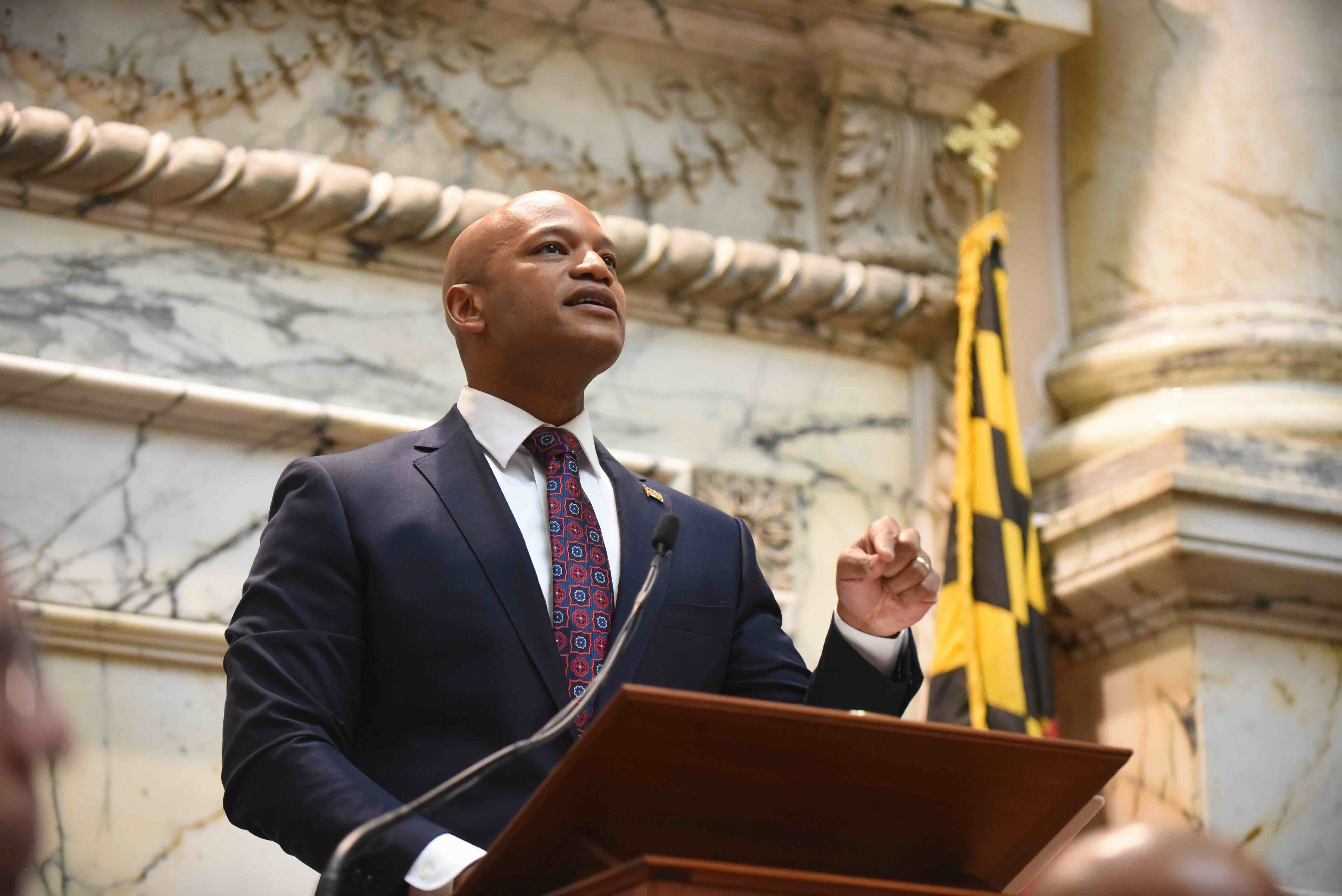Have a story idea
Have a story idea? Send it to us here.

Source : Flickr Maryland Governor Wes Moore
January 4, 2024
Author : Patty Allen
The nationwide inflation levels and the looming global recession have started manifesting in signs across America.
Maryland Gov. Wes Moore's administration is proposing $3.3 billion in broad cuts to the state's six-year transportation budget plan, which faces economic pressures due to traditional revenue sources not keeping up with costs, the transportation secretary, Paul Wiedefield, explained.
This revelation has triggered a cascade of reactions from county officials and state lawmakers, ranging from dismay to urgent calls for action.
Wiedefeld, grappling with this fiscal emergency, has pointed to a combination of factors fueling the crisis. The department is slated to make deep cuts, totaling across both its operating and capital budgets. A significant portion of this predicament can be traced back to a decline in motor fuel tax revenues, compounded by the ripple effects of inflation on labor and material costs. This concern has been growing since 2020.
To mitigate these financial woes, MDOT is considering various strategies. These include across-the-board budget cuts, implementing hiring freezes, and exploring potential revenue streams through fee and parking rate increases.
Notably, Wiedefeld has highlighted plans to elevate fees at the Motor Vehicle Administration and adjust parking rates at BWI Thurgood Marshall Airport, aiming to generate an additional $80 million.
However, while contributory, these measures fall short of bridging the vast financial deficit. The department's plan to enact an 8% reduction across all transportation modes signifies a broad impact, affecting areas from transit services to highway maintenance. These cuts would span a spectrum of services, including commuter bus services, state aid to local transportation systems, and maintenance activities such as road and guardrail upkeep, litter removal, and grass cutting.
These financial challenges coincide with Governor Wes Moore's ambitious agenda to rejuvenate the state government by filling 10,000 state worker vacancies.
This scenario presents a complex backdrop for the Governor's administration, which has already encountered hurdles in meeting its employment targets of hiring 5000 employees in the first year.
The response to this crisis varies across the political spectrum. Some local and federal officials maintain a cautiously optimistic stance, hoping for solutions to avert the most severe cuts. Others express grave concerns about the potential impact on their constituents and regional infrastructure. Notably, Baltimore County Executive Johnny Olszewski Jr. and Frederick County Executive Jessica Fitzwater have voiced strong objections to the proposed cuts, emphasizing the need to protect critical projects and services.
The conversation around these cuts extends beyond immediate budgetary concerns, touching on broader themes of regional equity, economic recovery, and infrastructure resilience. This situation has spurred a robust debate on the state's transportation priorities, with calls for innovative solutions and sustainable fiscal strategies.
In this context, the Maryland Association of Counties (MACo) winter conference emerges as a crucial forum, bringing together state officials, including Transportation Secretary Wiedefeld and Governor Moore, to discuss these pressing issues.
The conference provides a platform for county leaders to engage directly with state decision-makers, advocating for their communities' needs and exploring potential pathways to navigate this challenging fiscal landscape.
As Maryland grapples with these unprecedented transportation funding challenges, the dialogue continues to evolve, shaped by diverse perspectives and priorities. The unfolding situation underscores the intricate interplay between fiscal realities, policy choices, and the everyday lives of Maryland's residents, highlighting the critical role of transportation infrastructure in the state's overall well-being and future development.
Category : Department of Transportation State Government
